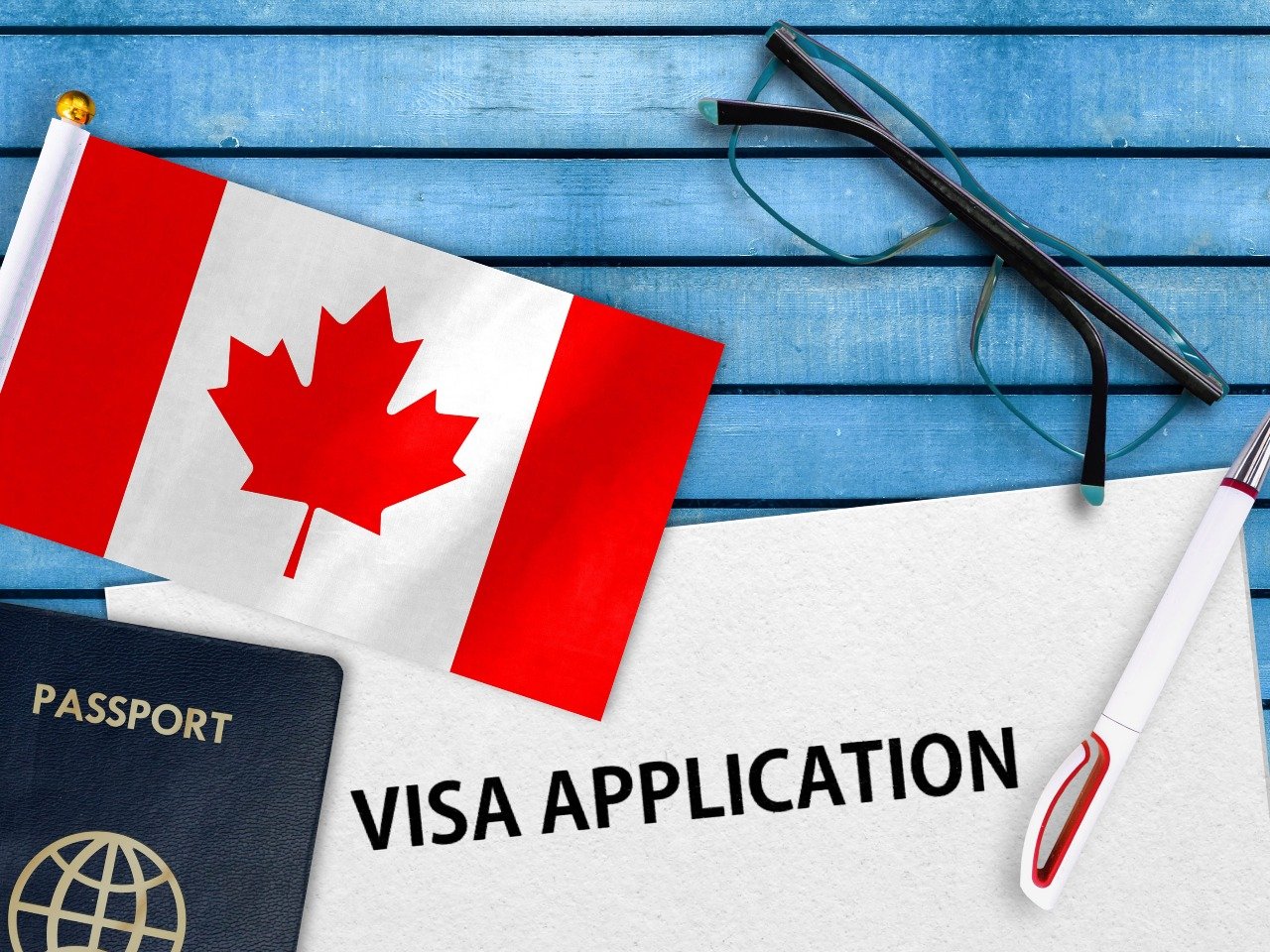An LMIA for Canada Work Visa is a government-issued document that proves there’s a genuine need for a foreign worker in a specific job and that hiring them will not negatively affect the Canadian labor market. Issued by Employment and Social Development Canada (ESDC), it is often a critical requirement for many foreign nationals applying for a Canada work permit. Without it, most Canadian work visa applications cannot proceed.
What Does LMIA Mean for Canada Work Visa?
LMIA stands for Labour Market Impact Assessment Canada. It’s essentially an employer’s proof that they have tried and failed to find a Canadian citizen or permanent resident for the role. A positive LMIA means the government agrees a foreign worker is needed.
If you are applying through the Temporary Foreign Worker Program Canada, an LMIA is usually mandatory. Immigration officers rely on this document to ensure hiring you will benefit, not harm, Canada’s labor market.
How Does LMIA Affect Work Permit Approval in Canada?
The LMIA acts as the backbone of your work permit application. Without it, most employers cannot legally hire you. A positive LMIA:
- Validates the authenticity of your job offer
- Confirms that wages and working conditions meet Canadian standards
- Helps secure faster approval for your Canada work visa application
However, a negative LMIA means the position should be filled locally, so your work permit will likely be denied.
Who Needs an LMIA to Work in Canada?
You will need an LMIA if:
- Your employer is hiring under the Temporary Foreign Worker Program Canada
- Your role is not covered by any LMIA exemptions
- Your occupation is in-demand but not part of a free trade agreement like CUSMA
Examples of people who generally require an LMIA:
- Skilled trades professionals like welders, plumbers, and electricians
- Healthcare workers such as nurses and personal support workers
- Long-haul truck drivers
- Social workers, especially under programs like Immigration to Canada as a Social Worker
- Farm and agricultural workers under certain streams
How Long Does the LMIA Process Take in Canada?
The LMIA process typically takes 2 to 8 weeks, depending on:
- The job type (high-wage, low-wage, seasonal, agricultural)
- The province or territory where the job is located
- How complete and accurate the application is
Some high-demand roles qualify for 10-business-day expedited processing, such as:
- Skilled trades in construction
- Select healthcare roles
- Short-term, high-wage positions
How Much Does It Cost to Get an LMIA in Canada?
The standard application fee for an LMIA is CAD $1,000 per position. This fee is paid by the employer — it’s illegal for them to ask the worker to cover it.
Special cases:
- Agricultural stream: Lower or waived fees in some circumstances
- In-home caregiver stream: Reduced costs may apply
Employers should also budget for recruitment advertising, as proof of local hiring efforts is part of the LMIA submission.
Which Jobs in Canada Require an LMIA?
Many jobs require an LMIA unless they are specifically exempt. Common LMIA approved jobs in Canada include:
- Heavy-duty mechanics
- Industrial butchers and food processing laborers
- Software engineers and IT project managers
- Healthcare professionals in shortage areas
- Social workers through pathways like Immigration to Canada as a Social Worker
- Truck drivers with cross-border or long-haul experience
Are There LMIA-Exempt Jobs in Canada?
Yes, LMIA exemptions Canada exist for specific roles and situations, such as:
- Intra-company transferees
- Jobs under international agreements (e.g., CUSMA, CETA)
- Work that offers significant cultural or economic benefit (artists, athletes)
- Open work permits like those for spouses of skilled workers or international students
Can I Apply for a Work Permit Without LMIA in Canada?
Yes — but only if your job offer is LMIA-exempt. For example:
- Post-Graduation Work Permit holders
- Spousal open work permit holders
- Participants in youth mobility programs like International Experience Canada
Still, the majority of Canada work visa applications require an LMIA to proceed.
What Documents Are Required for LMIA Application?
For Employers:
- Proof of recruitment efforts (advertising in Canada for at least four weeks)
- A detailed job offer letter with wages and working conditions
- Business license or registration documents
For Workers (if applicable):
- Resume or CV
- Educational and professional certificates
- Signed employment contract
How to Find LMIA-Approved Employers in Canada?
The Canadian government maintains a public list of employers who have received a positive LMIA. Other ways to find opportunities:
- Search job boards filtering for “LMIA available”
- Network on LinkedIn with recruiters in your industry
- Attend virtual and in-person Canadian job fairs
- Work with immigration consultants like Yoke Immigration who have access to employer networks
Step-by-Step: How to Get LMIA in Canada
- Employer Recruitment Efforts – Advertise the job to Canadians for at least four weeks.
- Application Submission – Employer sends the LMIA request to ESDC with the CAD $1,000 fee.
- Government Assessment – ESDC reviews wages, working conditions, and hiring efforts.
- Decision Issuance – Positive LMIA allows the worker to apply for a work permit.
- Canada Work Visa Application – Worker submits the approved LMIA and job offer letter to IRCC.
LMIA Process Overview Table
| LMIA Element | Details |
| Processing Time | 2–8 weeks |
| Fee | CAD $1,000 per position |
| Who Applies | Employer |
| Validity Period | Usually 6 months |
| Required For | Most TFWP positions |
| Exemptions | Trade agreements, cultural benefit jobs, open permits |
Tips to Increase LMIA Approval Chances
- Employers should over-document recruitment efforts
- Ensure the job offer meets provincial wage guidelines
- Use clear, accurate job descriptions
- Submit a complete application to avoid delays
- Workers should have ready-to-submit documents for quick work permit filing
Why an LMIA Matters for Immigration Success
A positive LMIA for Canada Work Visa doesn’t just open the door to temporary work — it can also boost your permanent residency chances. For example:
- In the Express Entry system, a valid LMIA-backed job offer can add 50–200 CRS points.
- It signals to immigration officers that your role is in-demand and you meet Canadian employment standards.
Without a positive LMIA, many applications under the Temporary Foreign Worker Program Canada are refused outright.
Final Thoughts
The Labour Market Impact Assessment Canada process may seem complex, but it’s one of the most important steps for foreign workers aiming to build a career in Canada. Whether you’re applying in healthcare, skilled trades, or through a pathway like Immigration to Canada as a Social Worker, knowing the Canada LMIA requirements and LMIA process for work permit will help you succeed.
If you need expert help with LMIA applications, connecting with LMIA approved jobs in Canada, or submitting a strong Canada work visa application, Yoke Immigration can guide you every step of the way.
Call to Action:
Ready to work in Canada? Contact Yoke Immigration today for personalized LMIA and work visa assistance.











